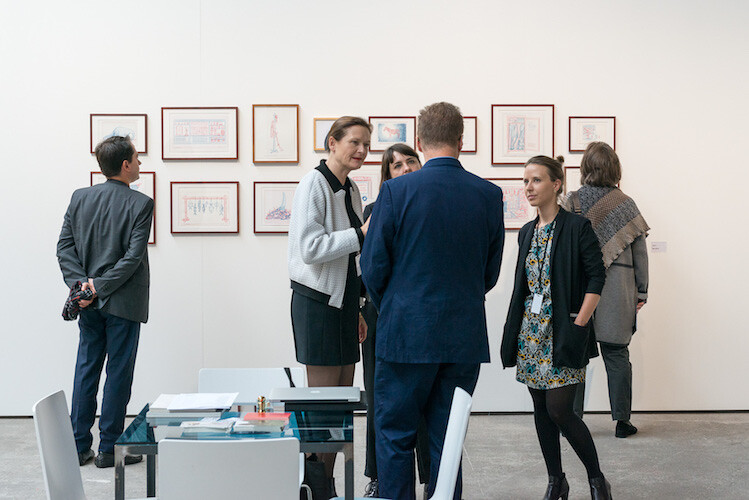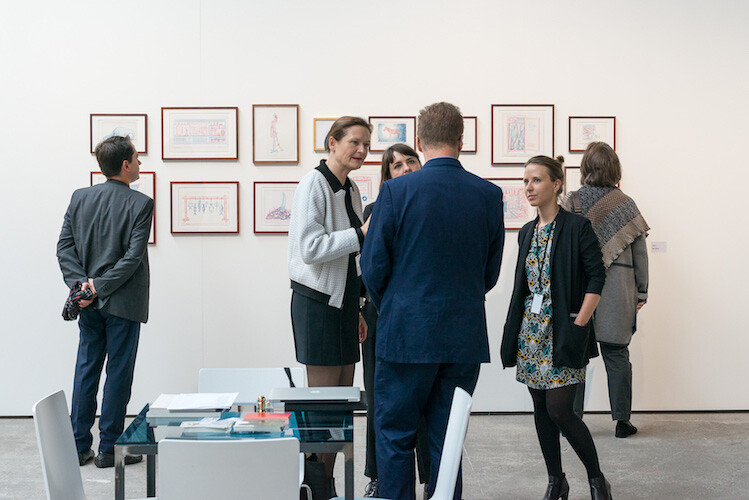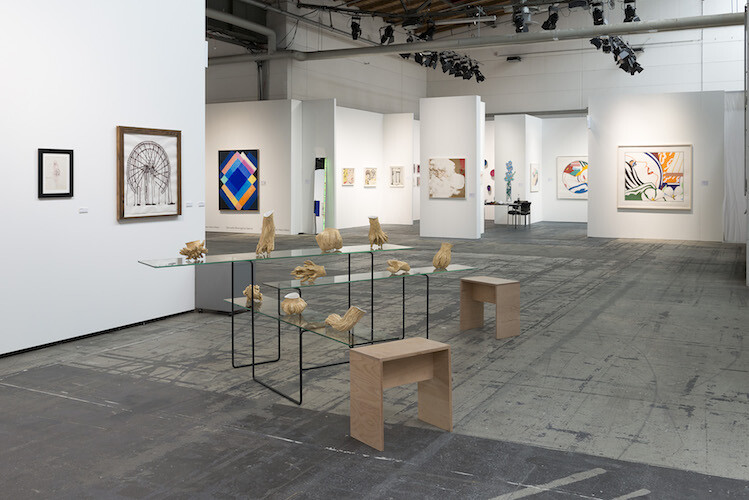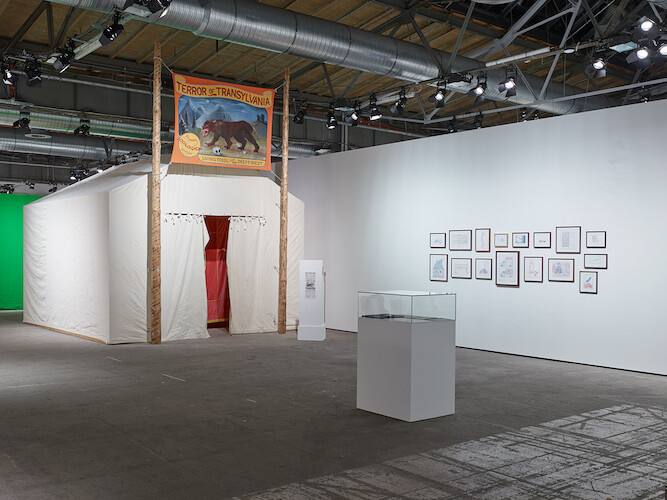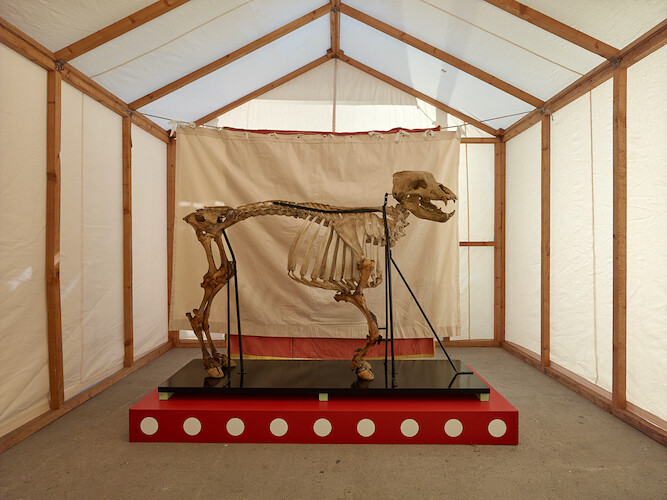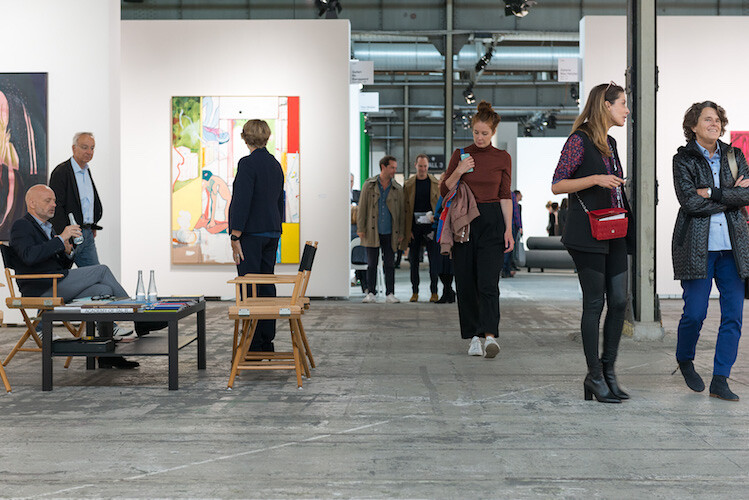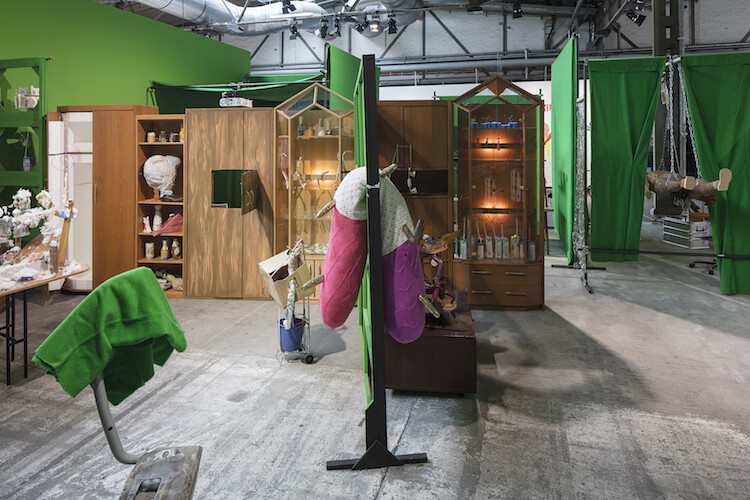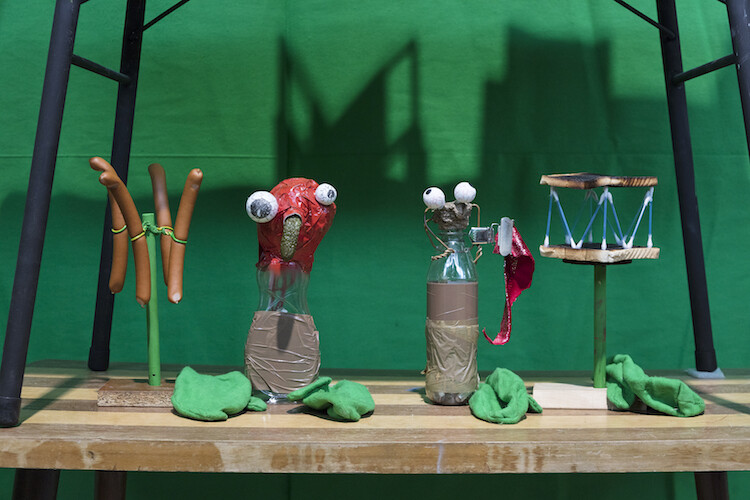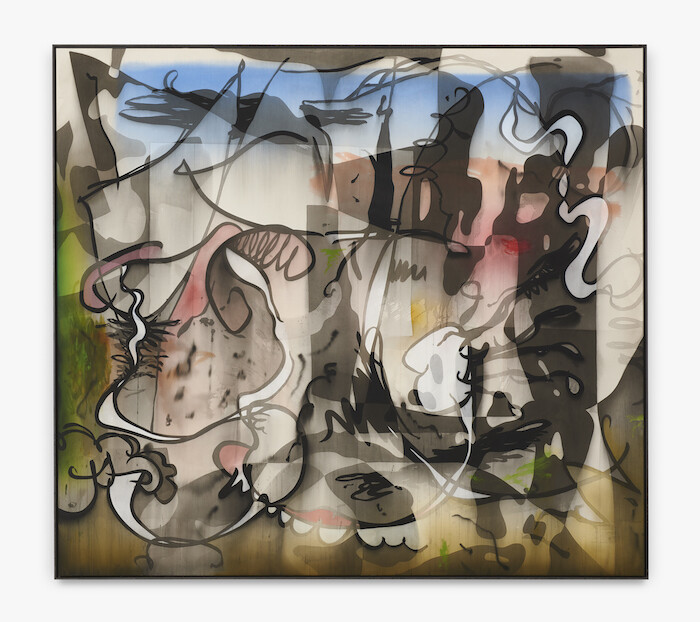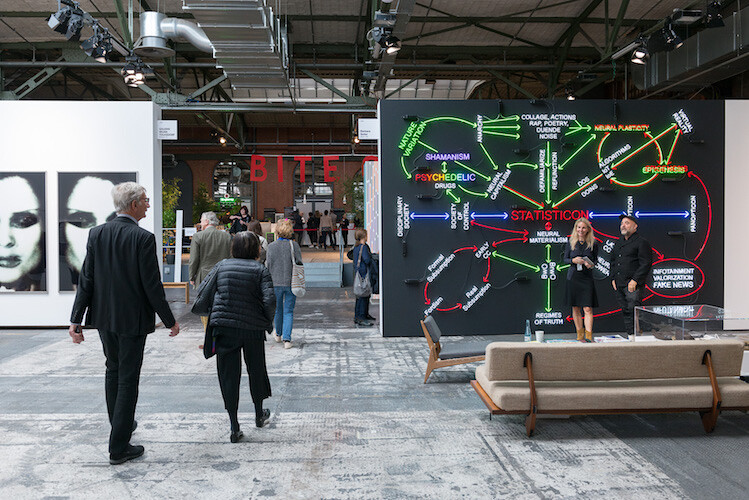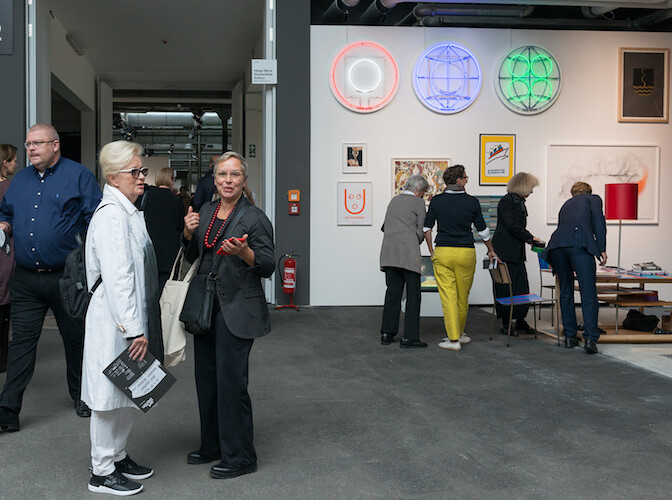Can the German art market support four art fairs? The battle over market share is in full swing. Art Karlsruhe is a bit out of the game. Although it seems like a major event with more than 200 exhibitors, it can only cater to the country’s southwestern local audience due to its weak contemporary section. The two traditional strongholds of the market—Cologne and Berlin—are experiencing a major shake-up. The world’s oldest still-running fair for contemporary art, Art Cologne, faces a new competitor with Art Düsseldorf, set to open in November, less than an hour’s drive north. Set up by a company that had successfully run a low-level art fair in Cologne, the new fair has found support from MCH Group. The company owns Art Basel, which took a minority share in Art Düsseldorf as part of a strategy to boost its international activity in regional art fairs—with the option to take over the whole enterprise. So far the success seems somewhat dubious, not least because of the track record of Art Düsseldorf’s two founders, who in 2008 failed in establishing an international art fair in Cologne’s rival city under the name “dc.” So far only 9 galleries from Düsseldorf and 12 from Cologne have signed up for the new event, according to Walter M. Gehlen, one of the fair’s two directors/owners during a press talk last week in Düsseldorf.
In an opposing move, Art Cologne joined forces with art berlin contemporary, abc. A hybrid art fair and exhibition with solo shows by invited galleries, abc was founded in 2008 by the same galleries that had established Gallery Weekend Berlin as an alternative to the art fair Art Forum Berlin, which in turn had been set up in the 1990s by a group of gallerists, mostly from Cologne, in opposition to Art Cologne. After Art Forum shuttered in 2010, abc was the only high-profile fair-like event left in Germany’s capital but it was never loved or financially successful because of its ambiguous character. The event was about to die and the appearance of Art Cologne as a White Knight seemed like a last resort for the marketplace. Thus, the entire art scene of the city surprisingly abstained from its usual cacophony of dissent and personal vanities.
Everybody seems to long for an appropriate marketplace in a city which is not only home to close to 500 galleries—with at least 100 to 150 of them operating on an international level—but also one of the most important centers of art production and discourse, rivaled only by New York and London. So exhibitors and visitors alike are sympathetic to the new alliance between the former competitors. In fact, this year’s Art Berlin looks completely different than last year’s abc at the same location, not only regarding layout (classical booth structure rather than open architecture with few restrictions) and exhibitors (110 versus 63, including primary galleries and secondary market dealers, only half of them from Berlin) but also regarding the audience: the aisles were packed during the fair’s first two days in comparison to a hall that was almost empty last year except for the usual opening crowd. “In comparison to last year…” starts Claudia Pasko from Konrad Fischer Galerie (Düsseldorf/Berlin), stopping in mid-sentence, “No, you can’t compare it to last year.” Cautious relief seems to be the predominant feeling. A first-time participant from the Rhineland explains: “What we noticed from a distance was a persistent negative sentiment around abc, so that was never attractive for us. You can’t expect this to change with the first edition.”
But it obviously did change, at least gradually. Philipp von Rosen from Cologne (who ran a second showroom in Berlin for four years), admits that he mostly sold to institutions from his Berlin outlet: “We were not part of the usual opening circuit.” To his surprise, at the fair he met several private collectors from Berlin as well as other German cities like Hamburg who he didn’t know before. This may come as a sort of surprise to Berlin habitués but it doesn’t take a genius to imagine that a VIP list of abc’s purportedly 4,000 names combined with Art Cologne’s 14,000 sum up to a pretty high-profile audience.
The international attractiveness of Berlin, Art Cologne’s reputation and professionalism, and relatively low booth prices may very well put the city back on the international art market map, thus allowing galleries to do voluntarily what abc forced them to do: show solo presentations similar to those that might happen in the gallery, but that attract a bigger audience. After all, 30 exhibitors show a single artist each. Christian Nagel, once one of the initiators of the defunct Art Forum Berlin, opts for a huge solo presentation of Mark Dion, which used to be the trademark of abc. “We work anti-cyclically,” he jokes, to continue more seriously: “After more than 20 years in the business, you know to work the fairs a bit.” He expects to sell the main piece, a huge installation with a tent, within the next year. “In this way, the fair amortizes in the long run. The investment here is not as huge as in Miami, Paris, or Basel. That allows us to make a statement.”
Art Cologne’s director Daniel Hug demonstrates a mix of nervousness and content: “Visitor numbers so far are great. We have to wait for the weekend when we expect foreign collectors. If this works out fine, we can think of going a bit more international next year.” In fact, only one participant from the US—Nino Mier, from Los Angeles—is present, and he is showing German artists, as he does in his gallery. Regarding collectors coming over the weekend, Hug’s exhibitors seem to be confident: one of the major Berlin galleries has booked the legendary Paris Bar for the whole of Saturday night.
